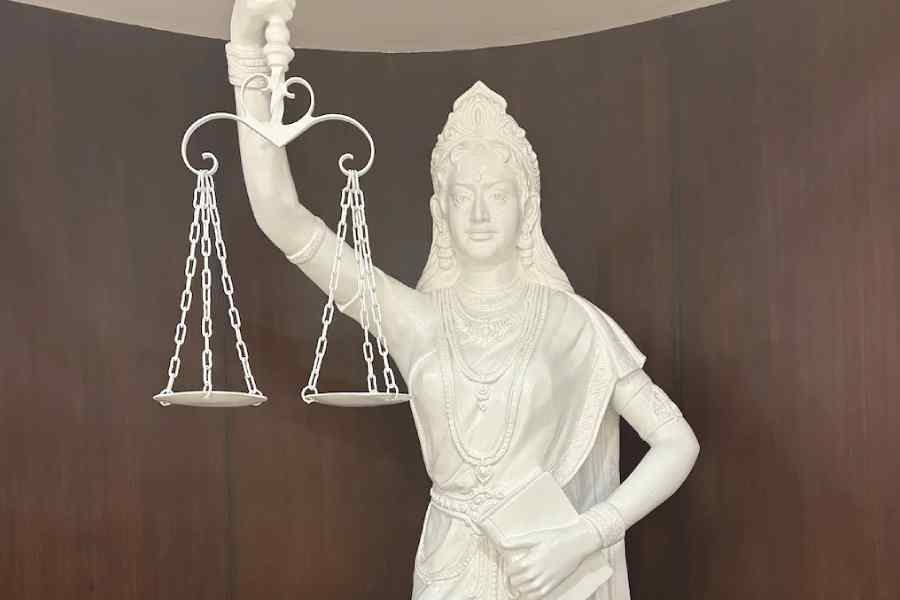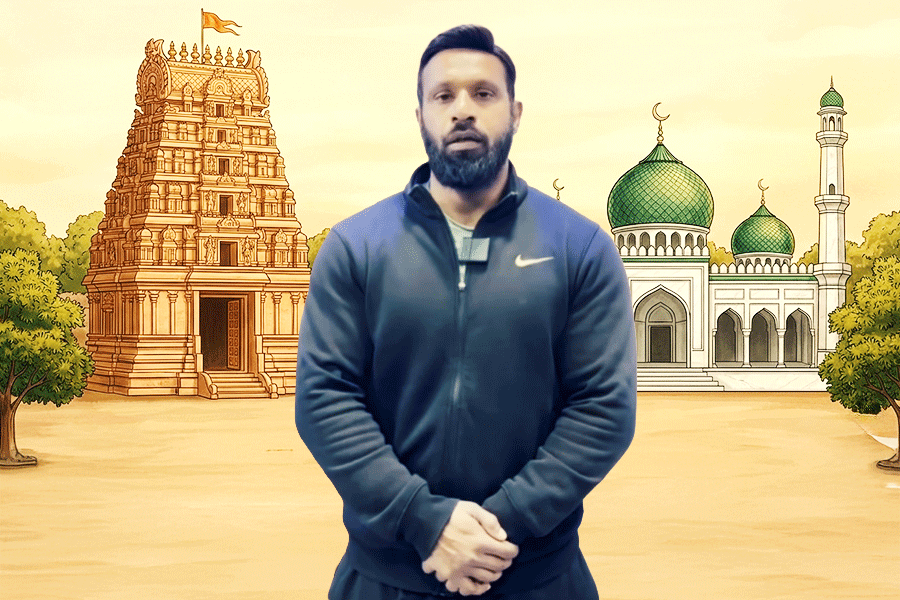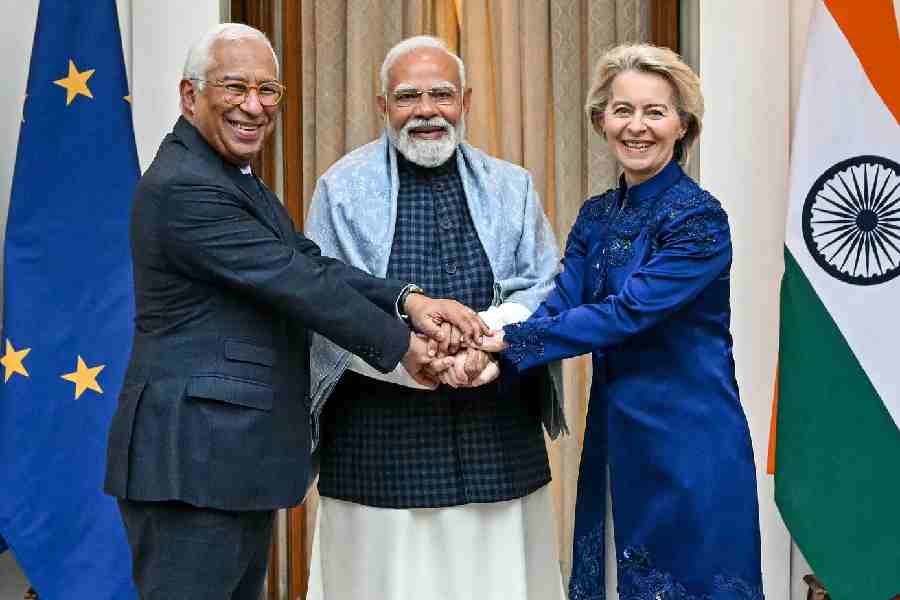National interest is of overwhelming importance. But its relationship to justice may not be easily worked out. The Uttarakhand High Court suspended the conviction and the sentence of Akash Yadav, a vaccine scientist with Indian Immunologicals Limited, for abetment to suicide of his wife. A sessions court had convicted him last January and had sentenced him to five years’ rigorous imprisonment and a fine. Mr Yadav had appealed to the high court because the conviction rendered him ineligible to work for the IIL and the high court felt that his work was essential for public health and national interest. It seems that Mr Yadav’s conviction and sentence were not suspended for lack of evidence. The evidence for abetment to suicide is specific, including an act, direct or indirect, that pushes the deceased over the edge, giving him or her the feeling that there is no option but to commit suicide. The National Crime Records Bureau says that the percentage of convictions in abetment to suicide cases was 17.5% in 2022. This partly indicates that such cases are difficult to prove. Evidently, in the scientist’s case, the charge had been proven.
The Uttarakhand High Court said that an appellate court can suspend conviction if failure to do so results in injustice or irreversible consequences or it unfairly affects a person’s professional standing or public interest responsibilities. For a lay person, the reasoning is elusive. How can justice for the deceased woman be unjust or unfair? The issue is abetment to suicide; it is the woman who is central to the case, not her husband. It so happened that he was convicted of the abetment. Justice is one of the major coping stones of the Indian democracy and is, therefore, a priority in the national interest. All are equal before the law: it is puzzling to find that the convicted husband’s job and professional standing, whatever his contribution to the public interest might be, are more important than justice for his deceased wife. This is especially worrying in a country where the system is often skewed against women, although the Constitution prohibits discrimination on account of sex. The Uttarakhand High Court’s judgment throws up the question of priorities: is national interest or public interest more important than justice? The answer would be of incalculable significance to Indian jurisprudence.










